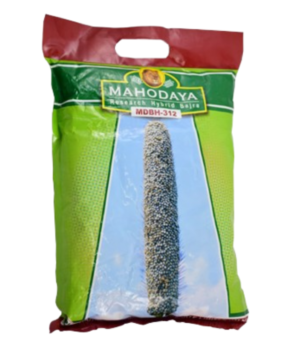When we think about farming, we often focus on the crops—their growth, harvest, and the delicious meals they eventually provide. But behind every flourishing field lies an unsung hero: soil. Soil health is the foundation of successful agriculture, influencing everything from crop yield to environmental sustainability. Let’s explore why maintaining healthy soil is crucial and how we can do it effectively.
Understanding Soil Composition
Soil is more than just dirt; it’s a complex ecosystem teeming with life. A healthy soil structure comprises:
- Minerals: The building blocks of soil, minerals like sand, silt, and clay contribute to texture and drainage.
- Organic Matter: Decomposed plant and animal material enriches the soil, providing essential nutrients and improving structure.
- Microorganisms: Tiny but mighty, bacteria, fungi, and earthworms play vital roles in nutrient cycling and soil health.
- Air and Water: Healthy soil maintains a balance of air and moisture, crucial for plant roots and microbial life.
Nutrients: The Lifeblood of Crops
Soil is a storehouse of nutrients essential for plant growth. Key nutrients include:
- Nitrogen (N): Vital for leafy growth.
- Phosphorus (P): Important for root development and flowering.
- Potassium (K): Aids in water regulation and disease resistance.
In addition to these primary nutrients, trace elements like calcium, magnesium, and sulfur also contribute to plant health. Regular soil testing can help determine nutrient levels, allowing farmers to make informed decisions about fertilization and amendments.


















